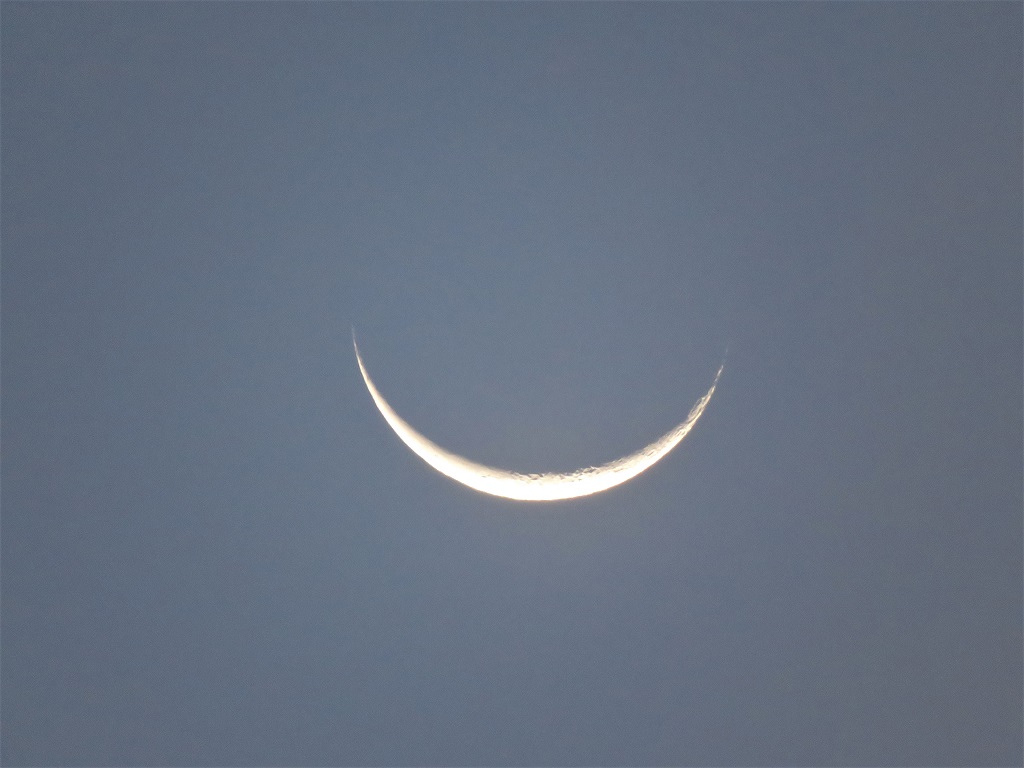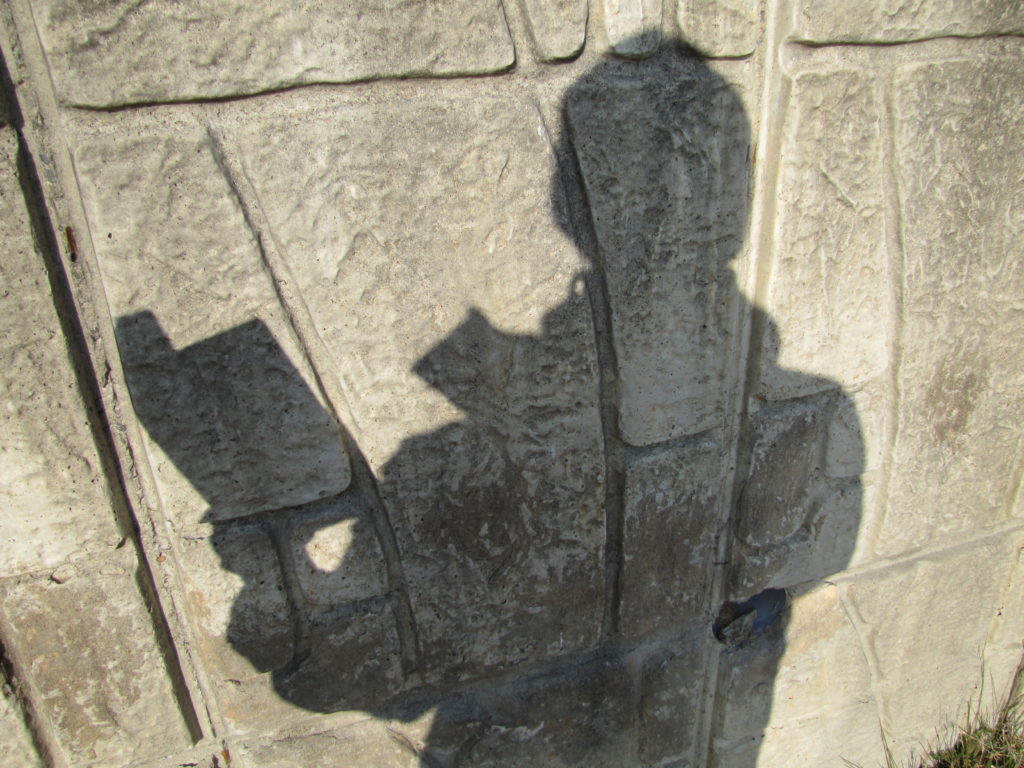How to Handle This Moment
At the end of the Peloponnesian War, in 404 B.C., Sparta appointed a ruling committee in Athens, the group which came to be known as the Thirty Tyrants. At the time, Socrates, a private man but a figure of considerable repute and controversy, was sixty-five years old. His most famous student prior to that time, the divisive iconoclast Alcibiades, had already been assassinated...









